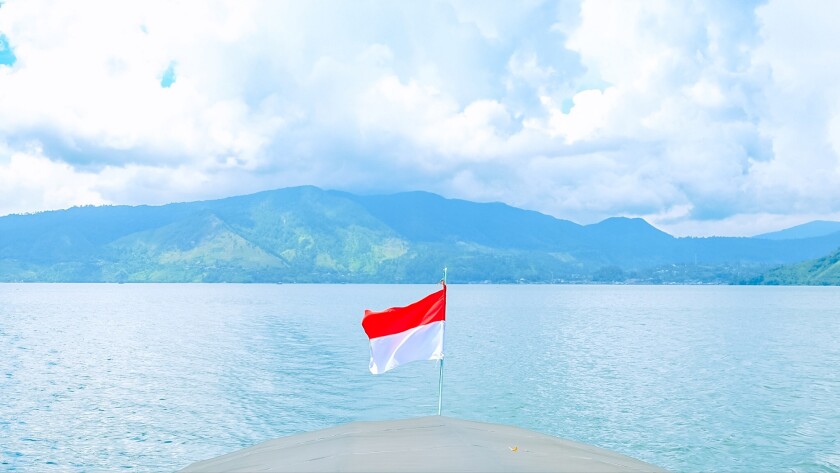The Indonesian Ministry of Finance (MoF) has issued two regulations as part of its Import Facility for Export Purposes (Kemudahan Impor Tujuan Ekspor, or KITE) with the aim of improving customs services. The regulations are designed to simplify procedures; expand supply chains and export channels; accommodate the development of business process activities; refine policies in the field of import duty facilities on the importation of goods for export purposes; and increase competitiveness, investment, and national exports.
The regulations, which have been effective since November 1 2022, are as follows:
MoF Regulation No. 145/PMK.04/2022 concerning Refund of Import Duty that Has Been Paid on Import of Goods and Materials to be Processed, Assembled, or Installed on Other Goods for the Purpose of Export. This regulation revokes MoF Regulation No. 161/PMK.04/2018.
MoF Regulation No. 149/PMK.04/2022 concerning Exemption of Import Duty and Non-Collection of Value Added Tax or Value Added Tax and Luxury Goods Sales Tax on Import of Goods and Materials to be Processed, Assembled, or Installed on Other Goods for the Purpose of Export. This regulation revokes MoF Regulation No. 160/PMK.04/2018.
The main changes in the new MoF regulations are as follows:
New requirements for obtaining the KITE facility:
The business entity must be a taxable enterprise that was not previously regulated;
The applicant must install CCTV to monitor incoming, storage, and releasing of goods, and the CCTV should be accessible by the Indonesian Customs Authority;
The list of raw materials and finished goods should be included with the harmonised system code at eight-digit level; and
The requirement that the KITE facility holder must submit a conversion formula before starting production has been removed.
Reporting:
The new regulations require the KITE facility holder to submit annual reports on June 30 at the latest (previously, the deadline was the end of the fourth month after the end of the fiscal year); and
Under the KITE Exemption, in the event that the licence has expired and/or been revoked, the facility holder is required to submit a liability report within 60 days after the expiry date of the KITE facility (the previous stipulation was within 30 days).
Sources of raw material and/or goods to be further processed:
The raw material and/or goods can be sourced from:
Importation – outside the customs territory and a Bonded Logistics Centre; and
Local – a bonded warehouse, a bonded zone, a bonded exhibition zone, a free trade zone (FTZ), a special economic zone, and/or another economic zone.
Guarantee (applicable for a KITE Exemption facility):
Under the new regulations, the guarantee can be in the form of a cash guarantee, a bank guarantee, a customs bond, an Indonesia Eximbank guarantee, or a corporate guarantee.
Unloading:
Under a subcontract arrangement, the unloading of imported goods can be performed at the subcontractor’s premises, provided that the KITE facility holder has obtained approval from the Customs Office.
New regulation on palm oil, palm olein, and cooking oil
The government has also issued Minister of Trade (MoT) Regulation No. 50 of 2022 concerning Export Procedures for Crude Palm Oil, Refined, Bleached, and Deodorised Palm Oil, Refined, Bleached, and Deodorised Palm Olein, and Used Cooking Oil.
The provisions for the exportation of these products apply to the following:
The release of goods from the Indonesian Customs Territory to outside the Customs Territory;
The release of goods from an FTZ to outside the Customs Territory;
The issuance of export licences is based on export rights, which can be transferred to other parties by submitting an application for the transfer of export rights electronically to the Director General through the Indonesian National Single Window System (SINSW); and
Exports carried out by exporters that have obtained export approval are subject to:
Export duty in accordance with the provisions of the laws and regulations concerning the determination of export goods subject to export duty; and
The rate for public service agencies of the Palm Oil Plantation Fund Management Agency in accordance with the provisions of the laws and regulations concerning the determination of goods subject to the rate for the Palm Oil Plantation Fund Management Agency's public services.
The summary of goods under export restrictions is stipulated in the Attachment of MoT Regulation No. 50 of 2022 and has been effective since October 7 2022.













